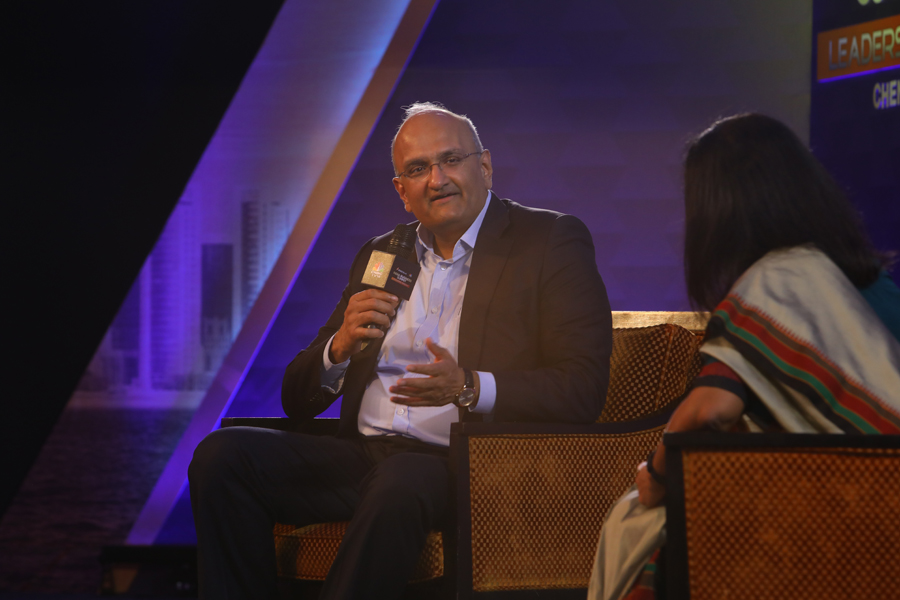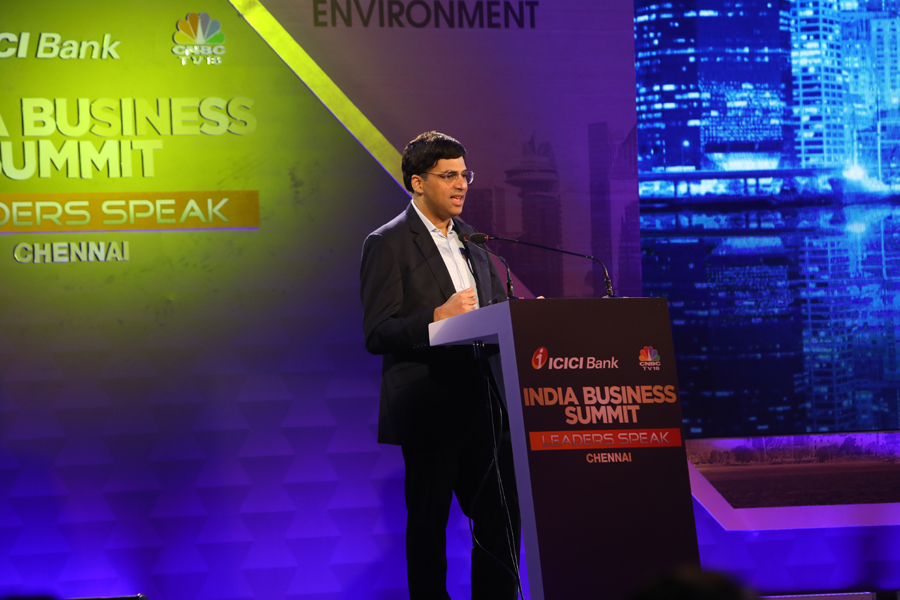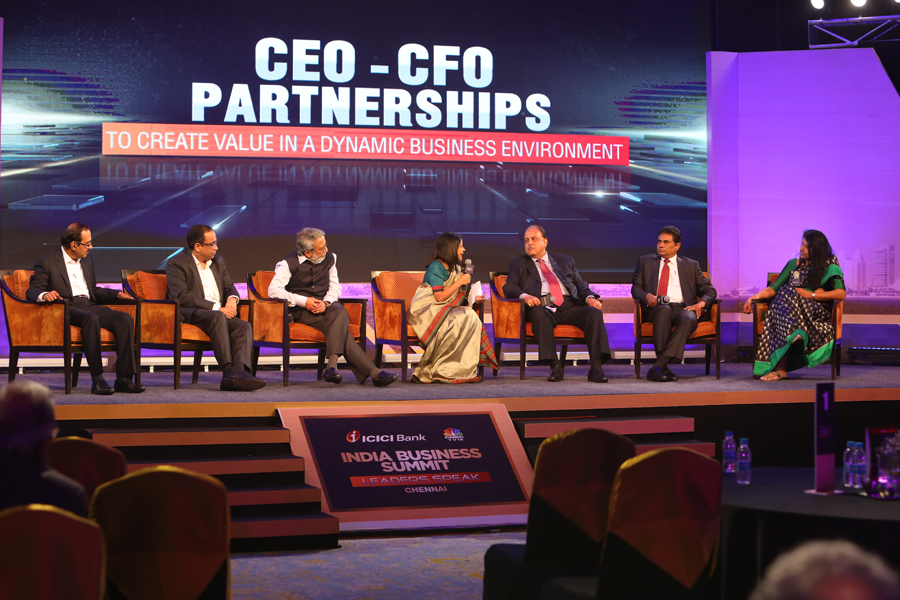Leveraging the CEO-CFO dynamic for success
Merely maintaining a cordial relationship isn’t enough for the executives at the helm of an organisation. After all, their dynamic dictates the company culture, the nature of the decisions that are made, and the fate of the venture at large. And though every dynamic within the management can make a world of difference, if there’s one that plays a crucial role in helping the business succeed, it’s that between the CEO and the CFO.
Conventionally viewed as being on opposite ends of the idealist-realist spectrum, the two executives’ decisions can mark the difference between surviving and thriving for a company. And though they may occasionally find themselves at loggerheads with each other, there’s no alternative to a deep, meaningful partnership between them.
As the two roles become increasingly intertwined, the fourth edition of ICICI Bank and CNBC-TV18’s ‘India Business Summit – Leaders Speak’ brought some of the country’s keenest minds together to talk about how it will affect the future of business. Just like its predecessors in Pune, Bengaluru and Kolkata, the event in Chennai was a veritable fount of knowledge for existing and aspiring entrepreneurs everywhere.
First up, Sumit Sanghai, General Manager, ICICI Bank talked about the importance of the CEO-CFO dynamic, and its role in determining where, how and how much a firm grows. Pointing out that the CFO’s role has expanded far beyond just finance, he noted that CEOs have also started paying more attention to the financial aspects of running a business since the recent NBFC crisis. This, combined with the fact that an increasing number of investors now want to meet CFOs to get a thorough overview of the organisation, has led to a recalibration of conventional roles.

His insightful words were followed by an enlightening chat between CNBC-TV18’s Latha Venkatesh and R. Dinesh, MD, TVS Logistics Services and Joint MD, TV Sundram Iyengar & Sons. The logistics heavyweight charted his journey so far, and in the process, highlighted some of the most invaluable lessons he has learned along the way. From the key to surviving in unfamiliar territory to the importance of technology, R. Dinesh’s insights were brimming with wisdom. However, his most valuable inputs came in the area of managing executive relationships. “The principle we followed was that we’re not going to disturb existing management,” said R. Dinesh. “We’re going to identify the right set of people and align with them.”

Letting things take their natural course was just one of many pearls of wisdom that was born out of their engaging conversation, which was followed by a special address by Viswanathan Anand. In his talk, the 5-time World Chess Champion highlighted the similarities between sport and business, as he shared a few tidbits of advice for rising above the competition.
Anand stressed upon the importance of enduring even when things look bleak, by citing his own example of missing out on the title of Grandmaster multiple times before reaching the milestone. And while it would have been easy to be disheartened by failure, Anand credited it with opening his mind up to an array of new techniques, challenges and motivators. When he did bag the coveted title, though, the maestro found himself getting a little complacent, realising the importance of challenging himself and constantly retooling his goals to maximise his achievements. This was just one of the many important lessons Anand shared through his journey, which is just as illuminating for sportspersons as it is for entrepreneurs.

Last but certainly not the least, Latha Venkatesh moderated a distinguished panel comprising of TT Srinivasaraghavan, MD, Sundaram Finance Holdings; Gopal Mahadevan, CFO, Ashok Leyland; Rajiv Mittal, MD & Group CEO, VA Tech Wabag; S Chandramohan, President and Group CFO, Tractors and Farm Equipment; Srinivasa Raju Chintalapati, Founder and Chairman, iLabs Group and Vishakha Mulye, Executive Director, ICICI Bank. Together, these thought leaders delved into the importance of the CEO-CFO relationship, and how it can create value for an enterprise.
And while the CFO’s function is almost synonymous with risk management, S Chandramohan noted that it extends to value addition as well. Gopal Mahadevan, meanwhile, likened the CFO’s role to that of a seatbelt, quipping that “Seatbelts are good as long as the car is going fast.” And while that may make the CFO seem like a naysayer or taskmaster, Rajiv Mittal added that most CEOs skew on the idealistic side, which makes finance executives’ level-head pragmatism an asset.
TT Srinivasaraghavan weighed in on the increasing overlap between the roles of a CEO and CFO, especially in the financial sector, noting that CEOs must be plugged into what the CFO is doing. However, they must each still focus on their unique competencies, as Vishakha Mulye highlighted with an interesting analogy. “There is only one captain of a ship, and we must give that to the CEO of the organisation,” she said. “I think the CFO’s role is to be the conscience-keeper, and raise as many questions as he/she wants, but at the end of it, ensure that the vision that has been agreed upon is actually implemented.”
These were just a few of the many brilliant insights born out of the most recent edition of the Summit, whose next leg is all set to take place in Ahmedabad on December 14. With the central theme ‘Entrepreneurial Spirit: The Growth Catalyst’, and featuring a special address by Kapil Dev, the Ahmedabad event promises to be as informative and engaging as the previous editions, if not more!


